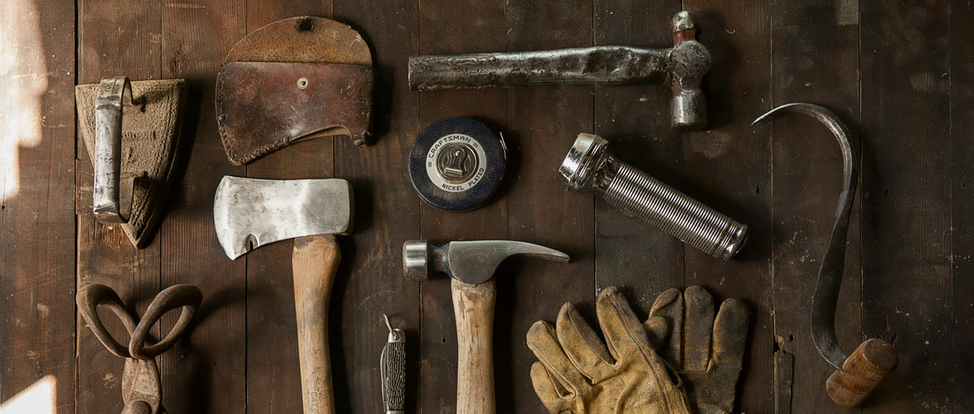“You’re looking great today.”
“Thanks so much for all you did to help.”
“I really appreciate the effort you put in on this project. You did a lovely job.”
How do you feel when someone says something nice about you?
Are you gracious in return? Or do you brush it off, embarrassed, believing that they’re just saying that because they think they should?
Do you feel you know better? That actually you could have put more work in, looked nicer, or that you didn’t really do anything?
You’re not alone. Many of us find it a challenge to accept positive feedback, admiration or appreciation. Either we feel like we’re being arrogant or boastful, or we believe we could have done better and might be found out if we agree with them (e.g. impostor syndrome), or that our work wasn’t up to our perfectionist standards.
But it doesn’t have to be this way.
Why You’ll Be a Happier, Healthier Human Being If You You Can Take A Compliment
Part of being a whole-hearted human being is to both give and receive admiration and appreciation. To let those around us know that we’re grateful for their contribution to our lives, and to accept that feedback in return.
Transactional Analysis (TA) calls these, and indeed, any interaction between two people, ‘strokes’. Transactional Analysis is a psychological method for studying interactions between individuals and states that positive strokes are what make for healthy communication and living.
We need these interactions.
They build our self-image and connect us to other human beings. They can increase our self-compassion and compassion for others. They help us to trust and be vulnerable.
These strokes can be verbal and non-verbal. A hug or a smile from someone you love can be a very powerful positive stroke. Harlow’s disturbing research showed the importance of care-giving and companionship from birth, and more recently, studies on the tragic orphan population in Romania provided more evidence for this.
Strokes are critical for us when we’re young, but they’re still vital for us as adults. For example, a 20-second hug can increase feelings of trust and contentment.
But strokes can be either positive (experienced as pleasant) or negative (experienced as painful) – and both are part of our every day living.
TA suggests that when we don’t get enough positive strokes, our hunger for any kind of interaction means we accept, or even chase, negative strokes. And when we accept these negative strokes, we reinforce that behaviour, and it may occur again – which is likely to be unhealthy both for us and the person who issued the negative stroke. Whereas if we accept only positive strokes, we reinforce these positive interactions.
When I first learned about this, it was a validation of something we used to joke about in my family, as to whether someone was a ‘drain’ or a ‘radiator’. If they were a ‘drain’, and I came away from the interaction with them down and empty, I probably had a higher ratio of negative strokes – interactions where the person was critical of me or others, or the interaction in general was gloomy or cold. If they were a ‘radiator’ and I came away from the interaction buzzing and full of energy and joy, there was probably a higher ratio of positive strokes.
And it led me to ask – who are the drains and radiators in my life? And where am I a drain or a radiator?
How I Learned to Accept ‘Positive Strokes’
This week, I’m thrilled to have contributed a related story which is included in “Tiny Buddha’s 365 Tiny Love Challenges”, by the wonderful creator of the site, Lori Deschene. At TinyBuddha.com, Lori has created a community of engaged, thoughtful individuals, where the community and Lori share simple wisdom and ways in which to apply it to our complex lives.
The new book focuses specifically on love, in all its flavours. There are stories about self-love, giving and receiving love in relationships and friendships, as well as spreading love in the world.
My story centres on both giving and receiving admiration and appreciation. You’ll have to read the book for the full piece, but it’s about how when I watched the tributes pour in for my father at his funeral, it spurred me to wonder how many of those there had told him of the great impact he had had on him when he was alive.
One (of many) lessons I learned from his death was to tell those who have had an impact on me, taught me something, or been a role model, that I’m grateful.
But just as importantly, it reminded me not to brush it off when others say thank you to me in turn.
Because when we discount others’ strokes, that is, their admiration and attention, we discount them – a negative stroke.
Instead of leaving them a little better than we found them, we leave them a little worse.
Ask yourself:
- What’s the ratio of positive to negative strokes you receive from significant others in your day-to-day life?
- What’s the ratio of positive to negative strokes you give to significant others in your day-to-day life?
- Where do you get the most positive strokes?
- Where do you get the most negative strokes?
- Given the above, what changes can you make to who you spend your time with to receive a higher number of positive strokes?
Consider every interaction with another human being an opportunity to both give and receive ‘positive strokes’.
Both are important.
A smile, a compliment, a hug. A thank you. A word of praise.
Give them, certainly.
But receive them as just graciously.
Buy the book (affiliate links):
Amazon.com: Tiny Buddha’s 365 Tiny Love Challenges
Amazon.co.uk: Tiny Buddha’s 365 Tiny Love Challenges










Comments on this entry are closed.
Such a fabulous reminder of the positive interactions we need Ellen. And you’re so right, taking compliments is where we so often fall down. Congratulations on your inclusion in Lori’s excellent book :)
Thanks Laura! Hope you’ve been able to take a few compliments this week :-)